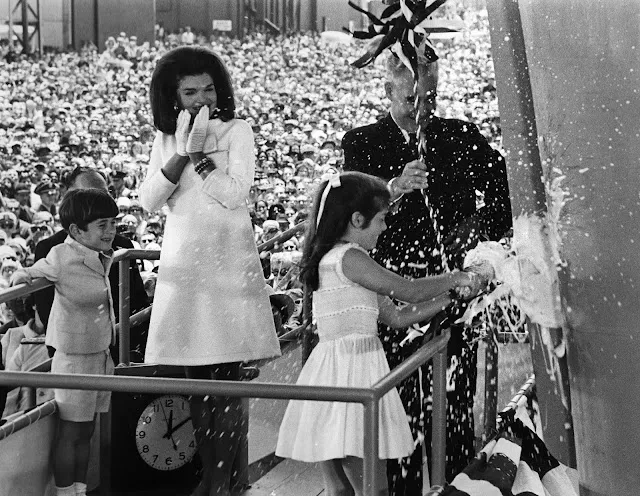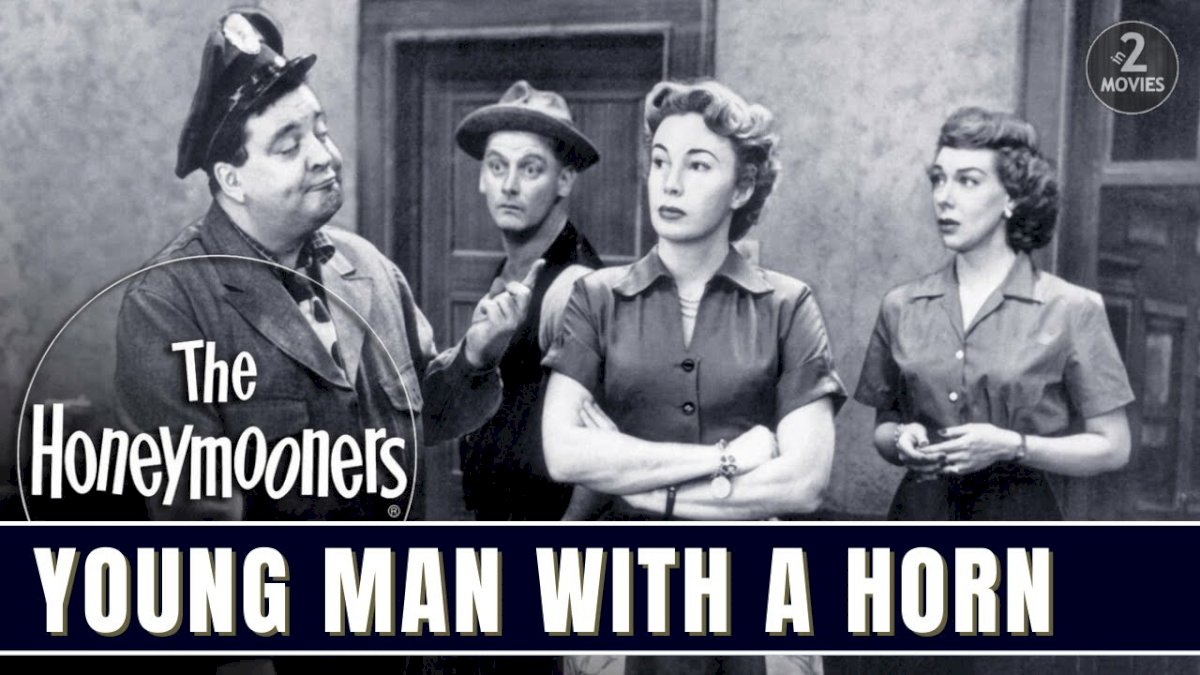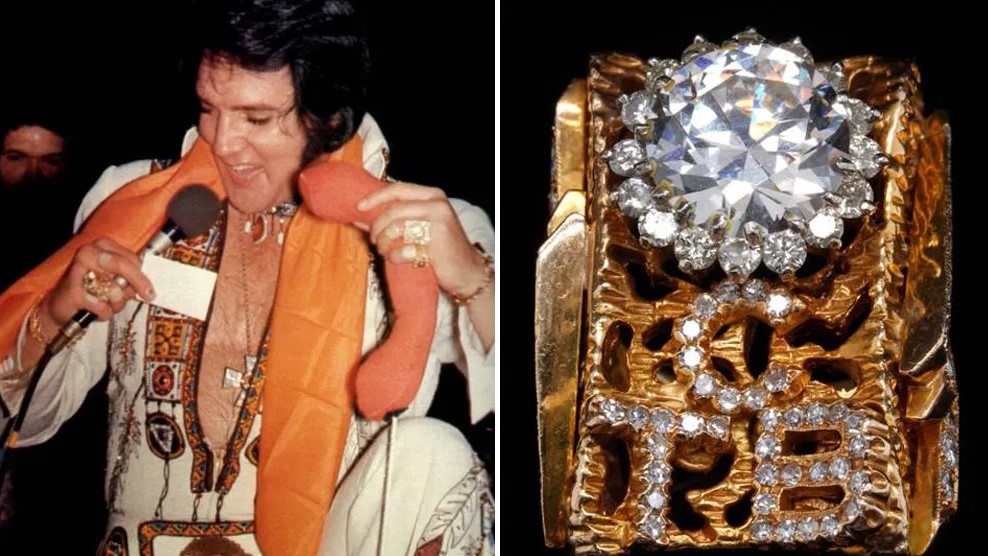In the annals of music history, few figures stand as tall as John Lennon, and few movements had as profound an impact on his musical journey as the skiffle revolution. Emerging in post-war Britain, skiffle was a raw, grassroots music genre that celebrated simplicity, accessibility, and the sheer joy of making music. This article delves into the intricate relationship between John Lennon, The Beatles, and the skiffle movement, exploring how this unassuming genre became a catalyst for one of the most influential chapters in the history of popular music—the British Invasion.

Skiffle: The Humble Revolution

Skiffle, born out of a fusion of folk, blues, jazz, and a do-it-yourself ethos, took root in the streets and clubs of post-war Britain. The genre's hallmark was its accessibility—homemade instruments, minimalistic arrangements, and an open invitation for anyone with a passion for music to join the movement. Skiffle bands were sprouting up on street corners, in schools, and in the hearts of young musicians eager to break away from convention.
The Quarrymen: Lennon's Skiffle Beginnings

John Lennon's journey into the world of skiffle can be traced back to his formative years in Liverpool. In 1956, along with school friend Pete Shotton, Lennon formed The Quarrymen, a skiffle group named after Quarry Bank High School. Their early performances featured homemade instruments, upbeat rhythms, and the infectious energy characteristic of skiffle.
It was during this period that Lennon encountered Lonnie Donegan's "Rock Island Line," a skiffle rendition of a traditional American folk song. The song's raw energy and simplicity struck a chord with Lennon, sparking a creative fire that would shape the trajectory of his musical career.
Skiffle's Influence on The Quarrymen and The Beatles

The Quarrymen's repertoire consisted of skiffle standards such as "Maggie May" and "Midnight Special." The skiffle influence was palpable in the band's performances, providing a platform for Lennon to experiment with his musical ideas freely. The camaraderie among The Quarrymen members, the DIY ethos, and the unpolished, genuine quality of skiffle became integral elements that would endure in Lennon's musical identity.
As The Quarrymen evolved into The Beatles, the skiffle influence persisted. The band's early recordings, including the famous audition for Decca Records in 1962, retained the infectious spirit of skiffle. Tracks like "Love Me Do" and "Please Please Me" showcased a raw, energetic sound that harked back to the days of impromptu skiffle performances on Liverpool's street corners.
Skiffle as a Songwriting Catalyst

One of the most enduring legacies of skiffle in Lennon's career was its impact on his songwriting. Skiffle's emphasis on storytelling, often rooted in folk and blues traditions, encouraged Lennon to explore narrative themes in his lyrics. This influence is evident in Beatles classics like "Norwegian Wood (This Bird Has Flown)" and "A Day in the Life," where Lennon weaves compelling stories through his songwriting.
The simplicity and accessibility of skiffle also allowed Lennon to experiment with different musical styles and thematic elements. The skiffle movement, with its roots in folk and blues, provided a rich tapestry from which Lennon could draw inspiration for the diverse range of songs that would define The Beatles' discography.
Skiffle's Role in the Evolution of The Beatles' Sound

As The Beatles transitioned from the skiffle-inspired sound of their early recordings to the groundbreaking albums of the mid-1960s, skiffle's influence took on a more nuanced role. The band's exploration of different genres and studio experimentation can be viewed as an extension of the skiffle spirit—a relentless pursuit of creative expression and a willingness to push musical boundaries.
While The Beatles expanded their sonic palette with elements of Indian music, psychedelia, and avant-garde experimentation, the core elements of skiffle remained embedded in their music. The communal spirit, the emphasis on storytelling, and the commitment to authenticity—all hallmarks of skiffle—continued to shape The Beatles' evolving sound.
Skiffle's Impact on Lennon's Solo Career

Even after The Beatles disbanded, Lennon's solo career retained the essence of skiffle's influence. The raw, unfiltered quality of skiffle found resonance in Lennon's solo recordings, particularly in albums like "John Lennon/Plastic Ono Band." Stripped-down arrangements, introspective lyrics, and a focus on personal expression mirrored the skiffle aesthetic that had ignited Lennon's passion for music in his youth.
Tracks like "Working Class Hero" and "Mother" bear the indelible mark of skiffle's influence, as Lennon used his solo career to delve into deeper, more introspective themes—a trajectory that had been paved by the narrative traditions of skiffle.
Skiffle's Contribution to Lennon's Social Consciousness

Skiffle, with its roots in folk music and its penchant for storytelling, played a crucial role in shaping Lennon's social consciousness. The folk tradition of using music as a medium for social commentary resonated with Lennon, who would later become a vocal advocate for peace and social justice.
The Beatles' "Give Peace a Chance" and Lennon's solo efforts, such as "Imagine," can be seen as a continuation of skiffle's ethos—a belief in the transformative power of music to inspire change and unite people. Skiffle, with its humble beginnings, laid the groundwork for Lennon's evolution from a young skiffle enthusiast to a global icon using his platform to advocate for a better world.
Skiffle's Enduring Legacy in Lennon's Impact

As we reflect on John Lennon's musical odyssey, it becomes evident that skiffle was not merely a phase in his early career; it was the crucible that forged his musical identity. Skiffle's influence, marked by its simplicity, storytelling tradition, and emphasis on authenticity, became the bedrock upon which Lennon's creativity flourished.
The British Invasion, led by The Beatles and fueled by the skiffle revolution, transformed the global music landscape. Skiffle, though often relegated to the footnotes of musical history, remains a silent force that shaped the trajectory of one of the most celebrated musicians of all time.
Conclusion

In conclusion, John Lennon's inspiration from skiffle was not just a fleeting influence—it was the spark that ignited his passion for music and creativity. The skiffle movement, with its grassroots origins and democratic ethos, resonated with Lennon's rebellious spirit and became the catalyst for The Beatles' ascent to global stardom.



